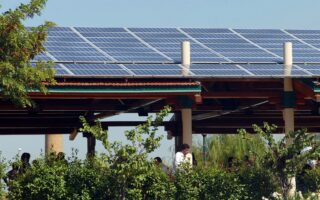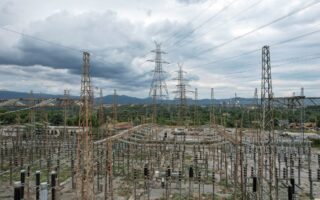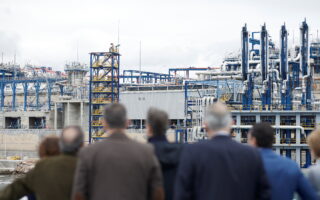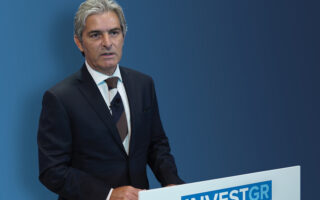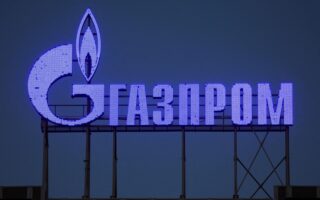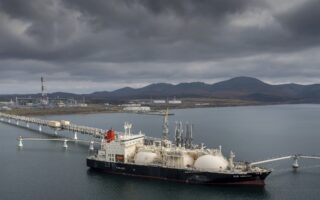Do we want green energy?
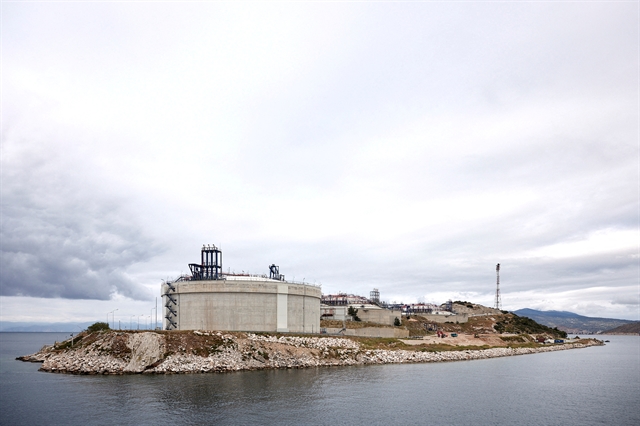
High goals had been set from the beginning: to be at the forefront of European countries in the development of renewable energy sources (RES). The truth is that priority had been given to closing lignite units and we ended up setting targets that were more ambitious than Germany’s. It was realized later that these targets were too optimistic. The energy crisis came, then the war in Ukraine and the related discussion changed dramatically: The question is not how quickly we can be weaned off fossil fuels, and in particular natural gas, but how quickly we can secure sufficient quantities of them.
As is well known, in recent years our energy dependence on natural gas – whether Russian or in liquefied form (LNG) – has grown. Natural gas use has increased 25-fold over the past eight years, went up a further 30% between 2019 and 2020 and another 25% between last September and today. In the first half of 2022, while natural gas imports from Russia decreased by 21.3%, imports of liquefied natural gas jumped by 46.3%.
Today, the current installed RES capacity of projects operating in Greece is 9 gigawatts, and connection is available for another 11 GW – a total of 20 GW. By 2030, plans foresee the operation of RES projects with a total capacity of 25 GW, possibly increasing to 28 GW. Investment interest is high, with sources saying that applications are pending for another 25 GW. We are supposed to be in a rush to develop electricity from renewable sources. In practice, indolence and bad bureaucracy are hindering the effort.
If we wanted to capitalize on the lively investment interest, we should add storage units and expand the distribution network of the energy generated. Today the current networks, especially that of power distribution agency DEDDIE, are not sufficient. You can generate electricity from renewable sources, but there are no networks to distribute it in the cities. Building storage units and networks requires three things: money, skilled manpower, and fast licensing processes.
As far as funds are concerned, the EU Recovery Fund dedicates only minimal amounts to the networks. In terms of human resources, both DEDDIE and power grid operator ADMIE face enormous difficulties: the central government forces them (unlike state-run power utility PPC) to pay very low salaries for qualified staff, which makes it very difficult to find people, while they also lose qualified executives who leave for other private companies or abroad.
The third and most stupid hurdle is the licensing process: It takes about two years to get the environmental permit, another two for the expropriations, and year for the rest – approvals from forestry services, installation permits etc. In total, an investor needs five years for each project! Proposals have been made to shorten the waiting time without affecting the essence of the process, but the Energy Ministry is not interested in dealing with the issue, despite the fact that if this problem is not solved, the goal of generating 25 GW or 28 GW in 2030 will not be reached. But by then, another person will be minister, in another government.
